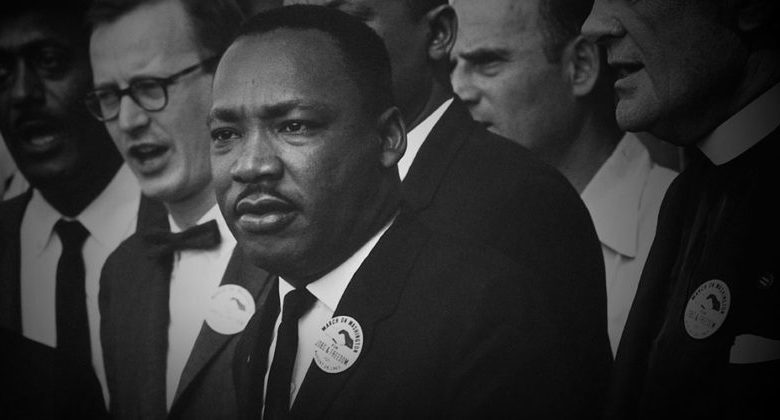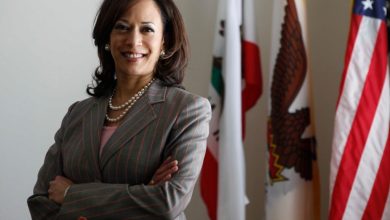JFK, MLK, And Robert Kennedy Files To Be Released

President Donald Trump has signed an executive order to declassify remaining documents related to the assassinations of President John F. Kennedy, Senator Robert F. Kennedy, and the Reverend Dr. Martin Luther King Jr., according to a White House fact sheet. This decision, over 60 years after JFK’s assassination, has sparked controversy and mixed reactions, including sharp criticism from JFK’s grandson, Jack Schlossberg.
Schlossberg dismissed Trump’s actions, The Hill reported. “Declassification is using JFK as a political prop, when he’s not here to punch back,” Schlossberg wrote on X. “There’s nothing heroic about it.” He also described the truth surrounding his grandfather’s assassination as “a tragedy that didn’t need to happen.”
The executive order directs the director of National Intelligence and Attorney General to present a plan within 15 days for the “full and complete release” of JFK-related documents and to review and release RFK and MLK files within 45 days, AP News reported. Trump cited public interest as the driving force behind the order, despite past resistance from intelligence agencies due to national security concerns.
This move follows years of delayed disclosure, with thousands of documents still withheld. Previous administrations, including Trump’s own first term, had kept files hidden citing potential harm to intelligence and military operations. Experts, however, warn that the declassified documents may not contain groundbreaking revelations.
“Anybody waiting for a smoking gun will be sorely disappointed,” said Gerald Posner, author of Case Closed. He emphasized that most of the remaining files likely hold administrative details rather than transformative evidence.
The fascination with JFK’s assassination endures, fueled by lingering conspiracy theories and unanswered questions. While historians like Larry J. Sabato acknowledge the enduring allure of the mystery, many agree with Stephen Fagin, curator of the Sixth Floor Museum at Dealey Plaza, that law enforcement presented a strong case against Lee Harvey Oswald.
Trump’s order also aims to resolve public skepticism about the government’s handling of these cases, a sentiment echoed by national security attorney Mark S. Zaid, who highlighted the importance of transparency in understanding Cold War-era intelligence activities.
As the release of these documents unfolds, it remains to be seen whether it will bring closure to decades of speculation or further stoke the flames of conspiracy.




